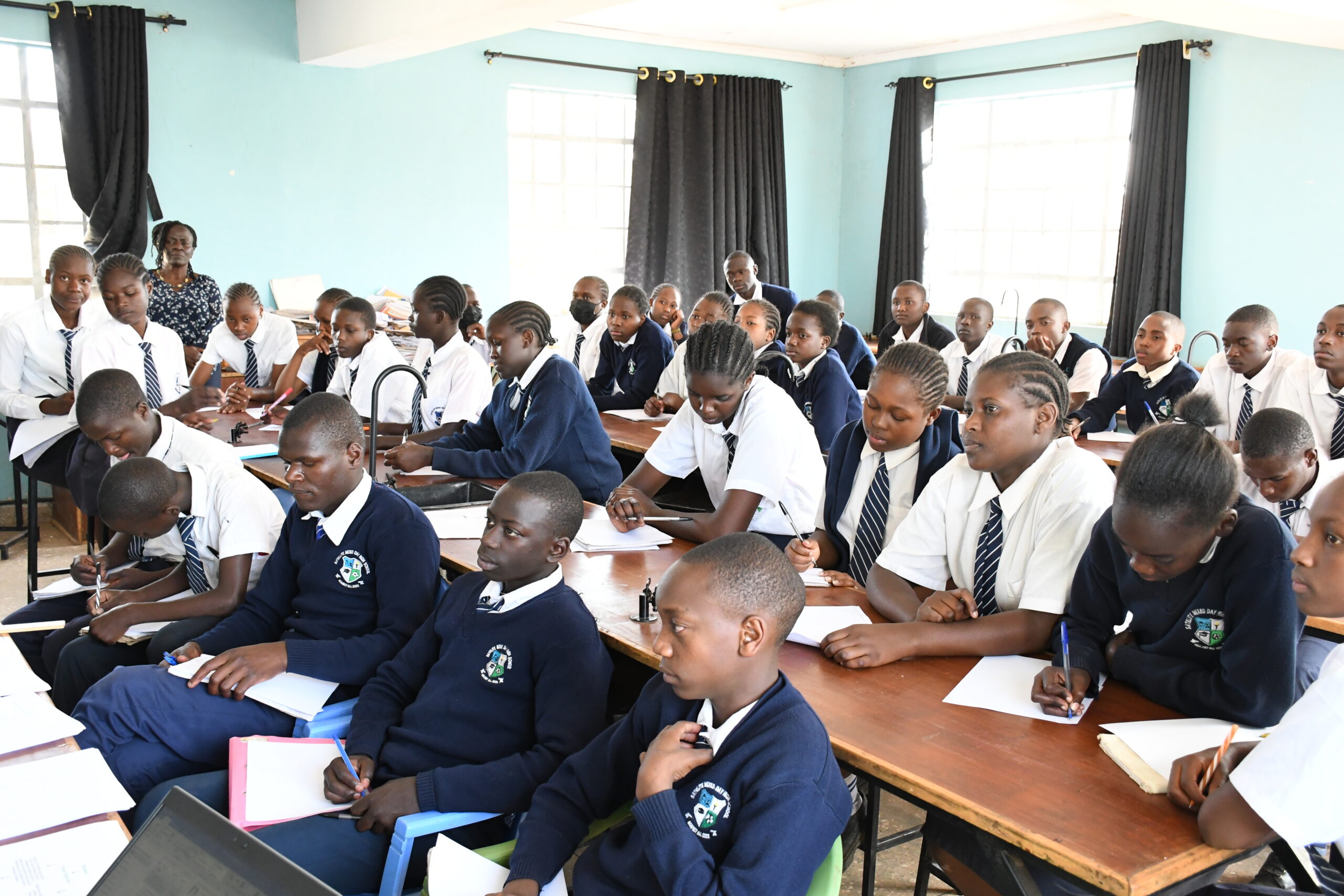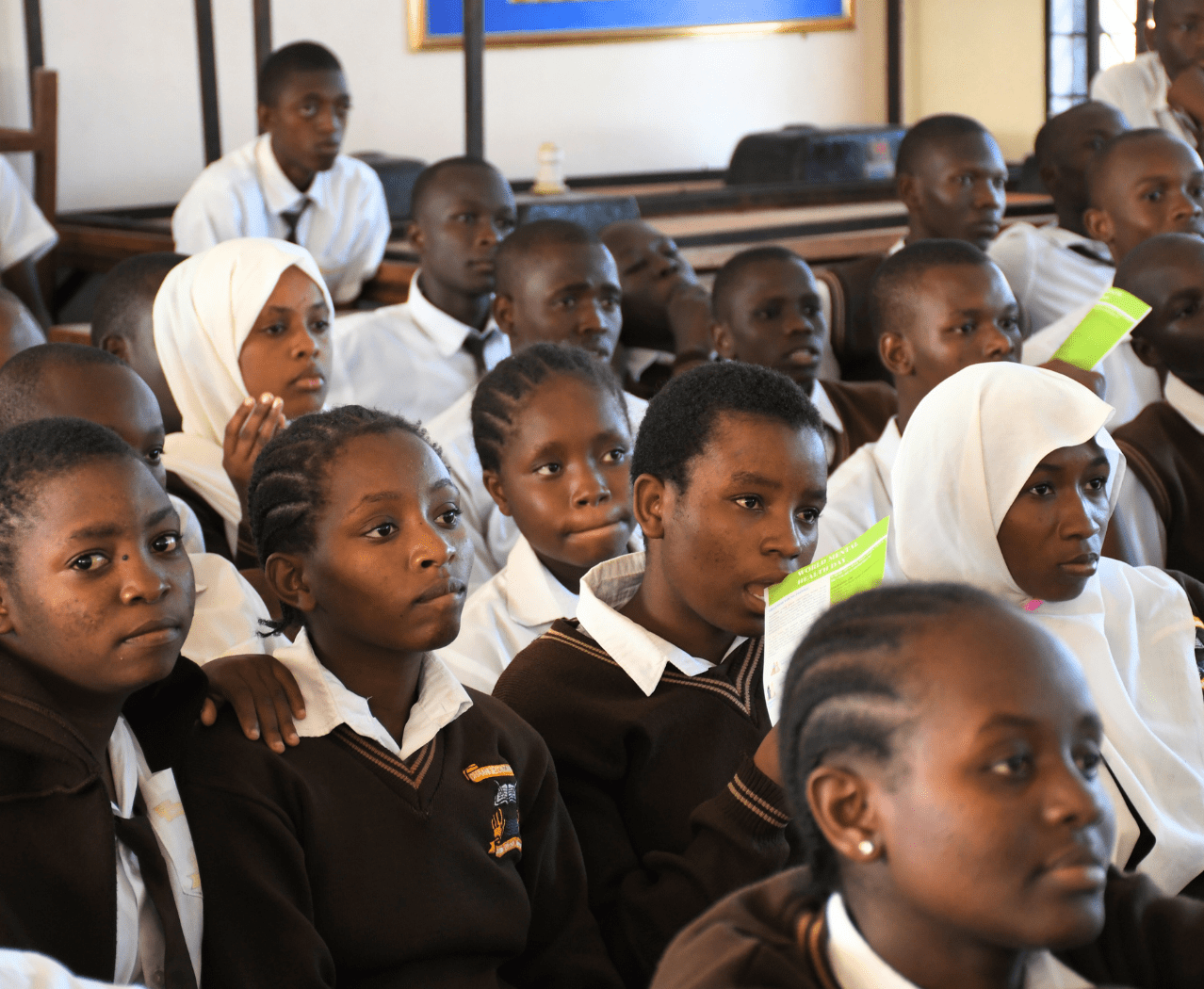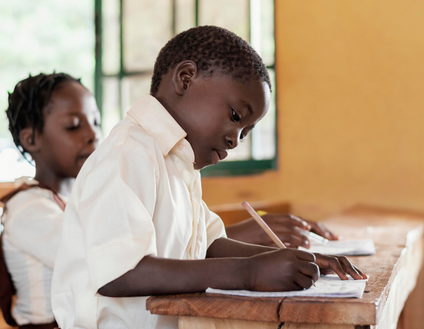Publications ( 5 Found )
Policy Brief: Mental health and psychological well-being of Kenyan adolescents in the context of COVID-19
Background Globally, adolescents are vulnerable to mental health problems, particularly those from sub-Saharan Africa (SSA) due to impoverished living conditions and a higher prevalence of chronic |
Mental health and psychological well-being of Kenyan adolescents from Nairobi and the Coast regions in the context of COVID-19
Background Despite the high burden of mental health problems during adolescence and its associated negative consequences, it has remained neglected especially in sub-Saharan Africa. The 2019 novel Coronavirus disease (COVID-19) pandemic has placed additional stress on adolescent mental health. However, there are few studies documenting the burden of mental health problems and even fewer mental health services in the region. In relation to the limited body of knowledge, the present study aims to determine the psychological well-being of adolescents and to assess the risks and associated factors of mental health problems among adolescents in the context of the COVID-19 pandemic in Kenya. |
Mental Health Interventions for Adolescents in Sub-Saharan Africa: A scoping review
Background: Globally, adolescents are vulnerable to mental health problems, particularly those from sub-Saharan Africa (SSA) due to impoverished living conditions and a higher prevalence of chronic conditions such as HIV/AIDS in the region. The COVID-19 pandemic has further exacerbated this risk. This calls for an urgent need for evidence-based adolescent mental health interventions to reduce the risk and burden of mental health problems in SSA. The review aims to identify and characterize existing adolescent mental health interventions in SSA, as well as to evaluate their implementation strategies and effectiveness. |
Adolescent Connectedness: A Scoping Review of Available Measures and Their Psychometric Properties
Introduction: Adolescent connectedness, a key component of positive youth development, is associated with various positive health outcomes. Several measures have been developed to assess this construct. However, no study has summarized data on the existing measures of adolescent connectedness. We conducted this scoping review to fill this gap. We specifically aimed to: (i) identify the existing measures of adolescent connectedness, (ii) determine the most frequently used measures among the identified measures, and (iii) summarize the psychometric properties of these measures with a keen interest in highlighting their cross-cultural utility and validity. |
The Occurrence of Sexual Risk Behaviors and Its Association with Psychological Well-Being Among Kenyan Adolescents
Objective: Sexual risk behavior during adolescence is an important public health problem. Self-esteem and hopefulness are potentially important psychological factors that may play a role in the behavioral regulation mechanisms of adolescents. These factors are inadequately explored in sub-Saharan Africa. This study aimed at exploring patterns and associated factors for sexual risk behavior (SRB), self-esteem, and hopefulness among adolescents from a resource-poor setting in Kenya. |
